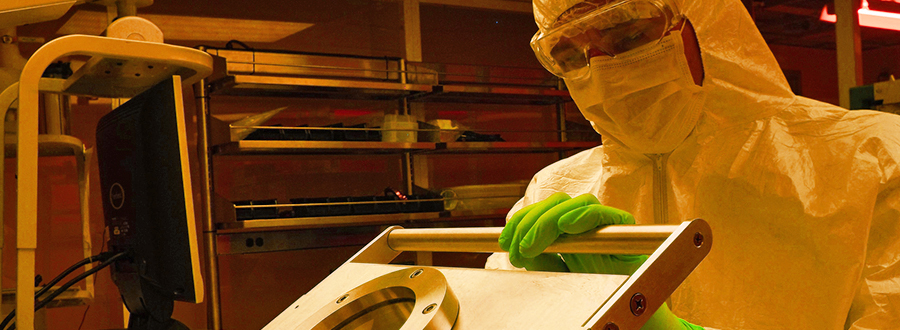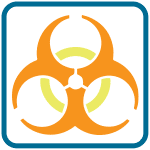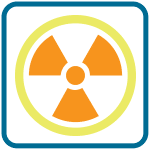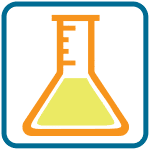UT aims to provide a safe environment for employees, from the standpoint of both psychological safety and physical safety. While Principal Investigators (PIs) and lab leaders are responsible for ensuring a safe research environment for team members, safety is the responsibility of all University employees and researchers.
National Science Foundation (NSF) now requires Safe and Inclusive Working Environments Plans for Off-Campus or Off-Site Research. To ensure a safe environment and account for multi-purpose trips, UTK and UTIA expect a plan for NSF projects with any activities to be are conducted off-campus/off-site. Such activities include, but are not limited to:
- research (e.g., gathering samples, user facilities at national laboratories) and
- disseminating or exchanging project information (e.g., collaboration meetings, conference travel).
If an NSF project includes external parties (e.g., sub-awardees, consultants, volunteers) conducting project activities in a location other than their location of normal operations, a plan is required.
Plans should address 1) abuse of any person, including, but not limited to, harassment, stalking, bullying, or hazing of any kind, whether the behavior is carried out verbally, physically, electronically, or in written form; and 2) conduct that is unwelcome, offensive, indecent, obscene, or disorderly.
Plans must be disseminated to all individuals participating in the off-campus or off-site work prior to departure.
PIs should update Plans, as circumstances or contact information changes, at the time of award and during off-campus work.
UTK and UTIA PIs can use the following PLAN TEMPLATE.
For questions about the requirement or your project’s Plan, see NSF website or contact Jane Burns at janeburns@utk.edu or 865-974-3526.
Psychological Safety
When considering the research environment, psychological safety is important not only for the well-being of individuals, but also for the integrity of research. Characteristics of a psychologically safe environment include:
- Acceptance of identity
- Respectful communicating with language and cultural differences
- Acknowledgement & Inclusion
- Being treated fairly
- Understanding
- Free from bullying & harassment
Work conducted off-campus presents challenges related to safety, since researchers may be more isolated, exposed to unusual situations, and have less access to campus resources. Before conducting off-site work, PIs should plan for the different environment and ensure team members understand special challenges and how to report any concerns.
For assistance with issues related to psychological safety, contact:
Physical Safety
Physical safety in the research environment includes laboratory and environmental safety and may involve specialized materials (biological materials, radiation safety, etc.). The University has established safety guidance – such as policies, protocols, and chemical safety plans – and training.
DRIA coordinates efforts with Environmental Health & Safety (EHS) in support of our research activities. We provide research oversight for radiation safety, biosafety, and controlled substances on the UT Knoxville campus. Daily operations are managed through EHS to include general procurement use, inventory control, and disposal activities.
For further information on safety in research at UT, please use refer to the following units:









